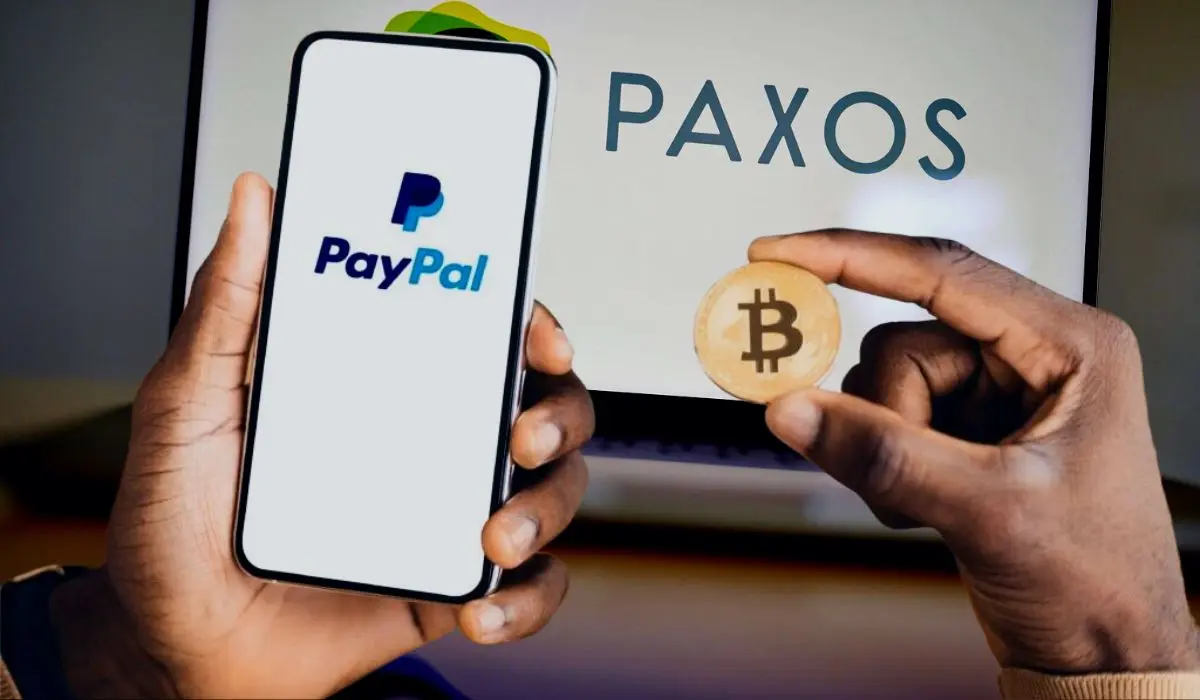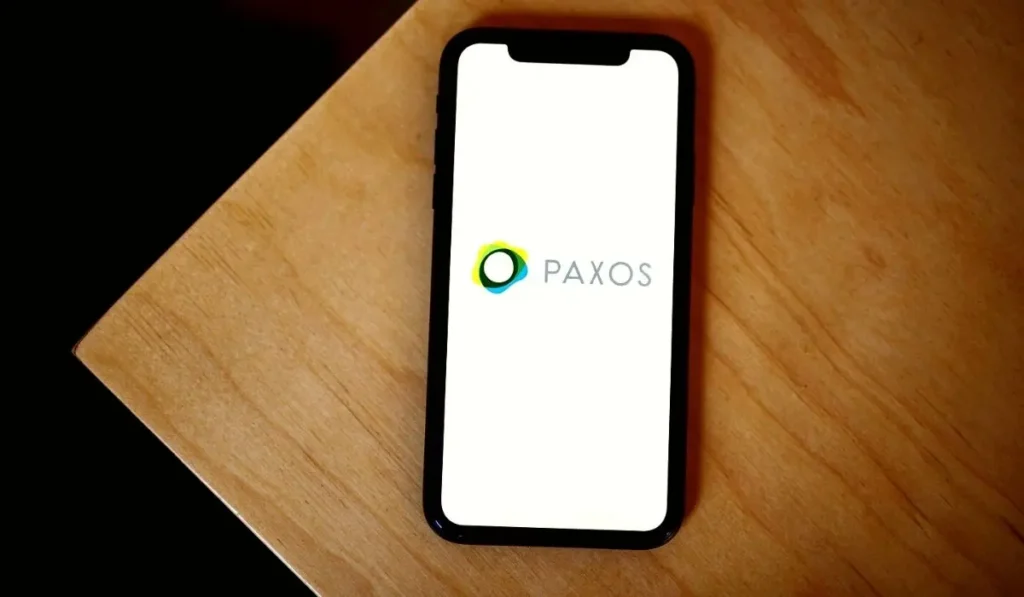Crypto infrastructure provider and stablecoin issuer Paxos has come out and claimed responsibility for mistakenly paying a miner $510,000 as network fees for a Bitcoin (BTC) transaction conducted earlier this week.
A spokesperson for the company emailed a statement to crypto news outlet Decrypt confirming that it was a bug impacting its single transfer mechanism that had led to the overpayment of 19.89 BTC as a network fee on September 10.
Technical Bug Led To PayPal Wallet Paying Almost 20 BTC As Network Fee For $2,000 Transaction
Paxos clarified that the problem only impacted the firm’s corporate operations, and neither its clients nor end users have been affected.
The issuers of the Pax Dollar (USDP) and PayPal USD (PYUSD) dollar-backed stablecoins have assured customers that their funds remain safe on its platform and the bug has since been resolved.

The mistaken transaction came to the company’s attention after on-chain sleuths on X (formerly Twitter) noticed it on the blockchain. Some users speculated that payment giant PayPal, for whom Paxos acts as a crypto asset custodian, may have been behind the transaction after on-chain analytics firm OXT found it to have been performed by a wallet linked to the company.
The wallet which had to send just 0.07 BTC, worth less than $2,000 at the time, ended up paying a network fee of 20 BTC, worth well over $510,000 at the time, to initiate the transfer.
Jameson Lopp, the founder of crypto wallet Casa, went on X to declare that the transaction is most likely to have come from an exchange or payment processor employing “buggy software”.
He added that the particular wallet has sent and received over 60,000 transactions, which according to him was a bad practice, and is most likely to have calculated its change output incorrectly.
Some joked that the largest BTC transaction fee of all time could be considered a donation to miners who receive such payments as gratuity for securing the blockchain. Under normal circumstances, transactions attached with higher fees are more likely to be processed faster by miners. On a typical day, the network fee on the Bitcoin network ranges from $1 to $3.
Ahead of Paxos’ official statement, Bitcoin maximalist Mononaut, who goes by @mononautical on X, declared that PayPal was responsible for the transaction.
He identified that the sending account had shown behavior that was closely related to the one by a now inactive wallet. Mononaut claimed that the inactive wallet address was labeled “PayPal” by OXT.
He further explained that the inactive wallet transferred approximately 18.5 BTC (worth over $480,000) to the new address through another intermediary account on June 19. Later the account sent around 5.37 BTC to the new address that made the mistaken transaction.
Read More: Franklin Templeton Joins BlackRock And Fidelity In Race To List First U.S. Spot Bitcoin ETF
Paxos Has Gotten In Touch With The Mining Pool To Return Mistakenly Sent Bitcoin
The transaction was confirmed by Bitcoin mining pool F2Pool on September 10. The company’s management also confirmed that Paxos had gotten in touch asking for the wrongly sent funds to be returned safely.
Paxos then admitted that the mistake was of its own doing and not PayPal’s. However, this is not the first a company or an individual has sent exuberant amounts of crypto as a fee by mistake.
In 2019, a crypto user lost over $300,000 in Ether (ETH) after he mistakenly pasted the value into the wrong field. Luckily for him, the mining pool’s hashing contributors agreed to pay back 50% of the lost funds. The very next year, another user claimed to have mistakenly paid $9,500 in fees for a $120 transaction on the Ethereum network.
Read More: Former PayPal President Wants To Turn Bitcoin Into A Global Payment Network
